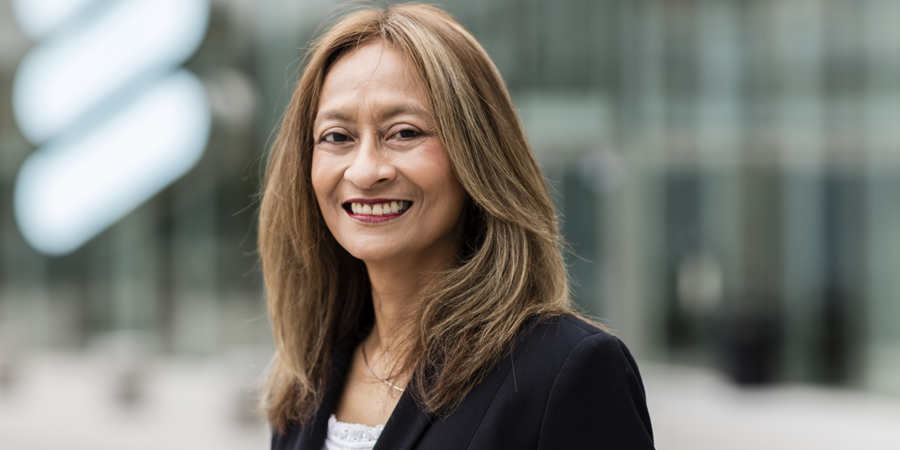Millennials are reshaping industries to match their expectations, and the telecom industry is no exception, Ericsson’s President of the Middle East and Africa, Rafiah Ibrahim, said at the Telecom Review Summit in Beirut on 13 April. Millennials are generally marked by an increased use and familiarity with communications, media, and digital technologies, and they don’t want to work the same way as previous generations.
The importance of millennials in driving the new digital era was a major topic at the Telecom Review Summit in held in Lebanon. Millennials as consumers are driving the consumer market – demanding what they want, how they want it, and how much they are willing to pay. The general consensus at the event was that it’s time to embrace the needs of millennials or risk being left behind.
During a panel discussion at the Telecom Review Summit on serving the younger generations’ expectations, Rafiah Ibrahim said it’s important for the telecom industry – including operators, vendors, and equipment suppliers – to understand and cater for the millennial generation because they represent the future and will set new standards.
But catering to millennials isn’t always easy. They tend to “think very fast as consumers and drive new trends quickly,” Rafiah explained to Telecom Review on the sidelines of the event. The solution, she said, is to bring more millennials into organizations so they can be the ones to create new ideas and influence business decisions.
It’s important to remember, however, that as employees, millennials often don’t want to spend too long in a job position. To millennials, feeling fulfilled by their work is more important than how much money they make, Rafiah suggested, and they will pursue other available opportunities that suit their needs.
“If millennials feel they can make money faster in a different way – such as starting their own business – they will pursue it without question,” she said. For legacy companies like Ericsson, the question is how to retain millennials that are employed and keep them engaged enough to feel satisfied. Retaining millennials is difficult, Rafiah added, because of the ease of travel today and the work opportunities available to millennials overseas.
Ericsson recognizes the benefits that millennials bring to the company, said Rafiah, reflecting on a recent announcement Ericsson made at Mobile World Congress 2018. In the Middle East and Africa, Ericsson plans to launch innovation hubs in 2018, spin offs of the Ericsson Garage concept – labs designed to explore future technology through Lean Startup Methodology, taking new ideas through to commercial viability.
The innovation labs will “encourage collaboration as an ecosystem,” said Rafiah, where the company will work with operators and invite start-up companies to collaborate. “Operators know the consumers,” she said, “so we bring the operators together along with academia and startups to form collaborations and foster innovation in the field of ICT.”
On the topic of millennials in Africa and the Middle East, the region Rafiah is in charge of, she said the generation faces unique challenges compared to counterparts in other areas of the world because of political turmoil and security issues. As a result, many young people don’t want to live long-term in the region, she said, often opting to work in Europe or the United States.
“That is my problem today – trying to retain millennials and interest them in staying in the region,” said Rafiah. Solutions to this might include local universities partnering with universities abroad to offer the same courses to generate more interest among students in pursuing their studies locally, she said.
However, there is nothing wrong with experiencing life abroad, Rafiah stressed – in fact, she encourages it and said it’s a contributing factor to why millennials see the world a lot more open-mindedly than previous generations. Rafiah said Ericsson wants millennials in the region to feel they can come back home after they have had their experience abroad.
To entice millennials to come home, countries in the Middle East and Africa need to invest more in infrastructure and make business easy to conduct. In the UAE, for example, free trade zones (FTZs) are special economic zones set up with the objective of offering tax concessions and customs duty benefits to expatriate investors. There are more than 30 Free Zones operating in Dubai.






